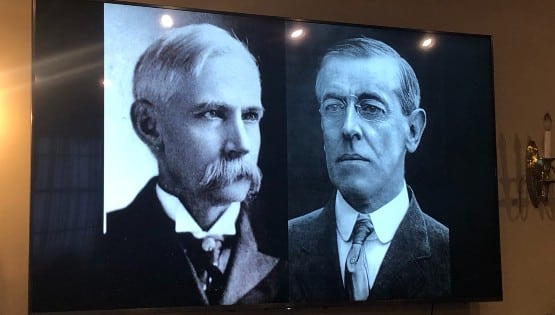In recent years, the United States has seen significant improvements in its healthcare system, particularly since Obamacare increased rates of insurance coverage, but major gaps remain.
According to the CDC, about 10% of Americans remain uninsured, while many with inexpensive or “catastrophic” coverage plans must pay enormous additional costs. Facing a fractured healthcare system, then, uninsured and underinsured Americans are attempting to stitch together a network of alternative services to meet their medical needs.
Cutting Costs With PAs
One of the easiest ways that patients have found to cut costs in an expensive healthcare system, particularly when they need routine, recurring care, is to see a physician’s assistant or nurse practitioner instead of a traditional doctor for their care. Though their names may suggest otherwise, PAs and NPs are able to perform many of the same services that doctors can, including prescribing medications. NPs, in particular, are also more likely to provide patient advocacy and education services based on their nursing training, making them popular with patients.
Appointments Go Digital
If a PA or NP isn’t easily available, patients are also turning to telehealth services to access healthcare quickly and at an affordable price. Some telehealth programs, such as HealthTap, even use AI to provide personalized care guides, allowing patients to skip the wait for a doctor altogether. Others, such as Lemonaid, are designed for those with recurring healthcare needs, including prescriptions.
Across the board, telehealth programs have been so successful that local governments are introducing their own. In McLean County, Illinois, a new telepsychiatry program seeks to increase access to mental health care. Because many people with persistent mental health issues have difficulty accessing consistent, affordable care, the telepsychiatry aims to support patients who may have been turned away by an overtaxed system.
Looking Beyond The Border
While insurance accounts for a large part of healthcare costs, one of the problems with America’s system is that prescription medication prices go unregulated, leaving manufacturers to raise prices as high as they wish. That means, compared to other countries, Americans pay more for the same medications – but some have found an obvious solution: turning to Canada.
Though there are regulations regarding the importation of medications from abroad, generally speaking, it’s easy and affordable to access a personal supply of a prescription. By ordering prescriptions from Canadian pharmacies, even without insurance, people can save enormous amounts of money and are better able to access needed medications without the barrier of high American prices.
Healthcare’s Wide Web
Ultimately, when faced with so many barriers to comprehensive care, American patients have identified and developed whole new approaches to paying for medical care. In many cases, though, these systems require patients to navigate the healthcare system with minimal guidance – including policies that simply don’t have a network. Other approaches include Christian-sharing ministries typically found in more conservative communities that rely on the membership group to pay for care, though not all medical treatments are covered. In particular, Christian-sharing ministries typically will not cover birth control or any other treatment considered to be contrary to their religious beliefs.
More Americans are living with chronic conditions than ever before, making healthcare a necessity, even if it hasn’t been deemed a right, but current systems fall far short of meeting that need. For now, patients continue to craft a system designed to meet their own needs, despite the lack of overall support. It’s a collaborative effort that engages patients as their own best advocates when affordable services are scarce.










